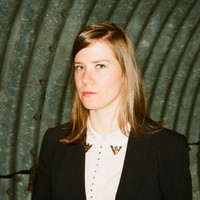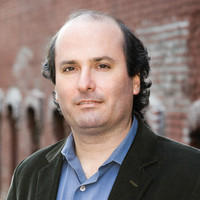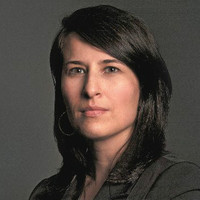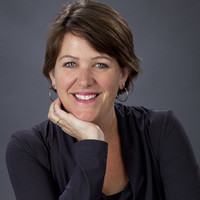Erin Lee Carr is a documentary filmmaker and writer. Her new film is Mommy Dead and Dearest.
“I feel like I’ve always had the story down—that’s not been really difficult for me. So the difficult thing, I think, for me, has always been access. Can I get the access? Can I withstand the pressure? You know, there’s been so many times where I wasn’t being paid to do the job, and I had to wait on the access. And it’s not for the faint of heart. You know, I could have spent a year and a half of my life doing [Mommy Dead and Dearest] and I could’ve not gotten the access to Gypsy, and it kind of would’ve been a wash.”
Thanks to MailChimp, Kindle, Squarespace, V by Viacom, and HelloFresh for sponsoring this week's episode.










